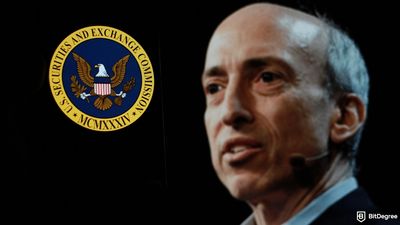Starlink, the satellite internet company owned by Elon Musk, has confirmed that it will comply with a court order to block access to the social media platform X in Brazil.
The decision comes after Supreme Court Judge Alexandre de Moraes issued an order to suspend X after Musk refused to name a legal representative for the company in Brazil.
The issues started when Moraes intensified his efforts to remove far-right content from X after the January 2023 riots in Brasília, led by supporters of former far-right president Jair Bolsonaro. Musk resisted these demands, accusing the judge of restricting free speech.

Did you know?
Want to get smarter & wealthier with crypto?
Subscribe - We publish new crypto explainer videos every week!
What is the Metaverse? (Meaning + Animated Examples)


On September 3, Starlink took to X to criticize the ban, labeling it "illegal" and calling out Judge Moraes for issuing it. The court order also included freezing Starlink's financial assets within Brazil.
Starlink revealed that it has initiated legal proceedings to challenge both the suspension of X and the freezing of its assets, suggesting that these actions violate the country's laws. The company said:
Regardless of the illegal treatment of Starlink in freezing of our assets, we are complying with the order to block access to X in Brazil. We continue to pursue all legal avenues, as are others who agree that <Moraes'> recent orders violate the Brazilian constitution.
The suspension has drawn criticism from X users and supporters of free speech, who argue that the court is overstepping its authority. Some users have reported continued access to X through virtual private networks (VPNs); however, Moraes' ruling includes penalties of up to $8,900 for those attempting to bypass the ban.
According to the judge, X will remain suspended until the platform pays fines exceeding $3 million.
Thus, while Starlink and other stakeholders are pressing forward with legal challenges, the ban remains in effect.
The ban has resulted in a surge of Brazilian users on alternative platforms. Bluesky, a US-based decentralized social media platform, reported on September 1 that its user base had grown by 1 million in just three days.






















